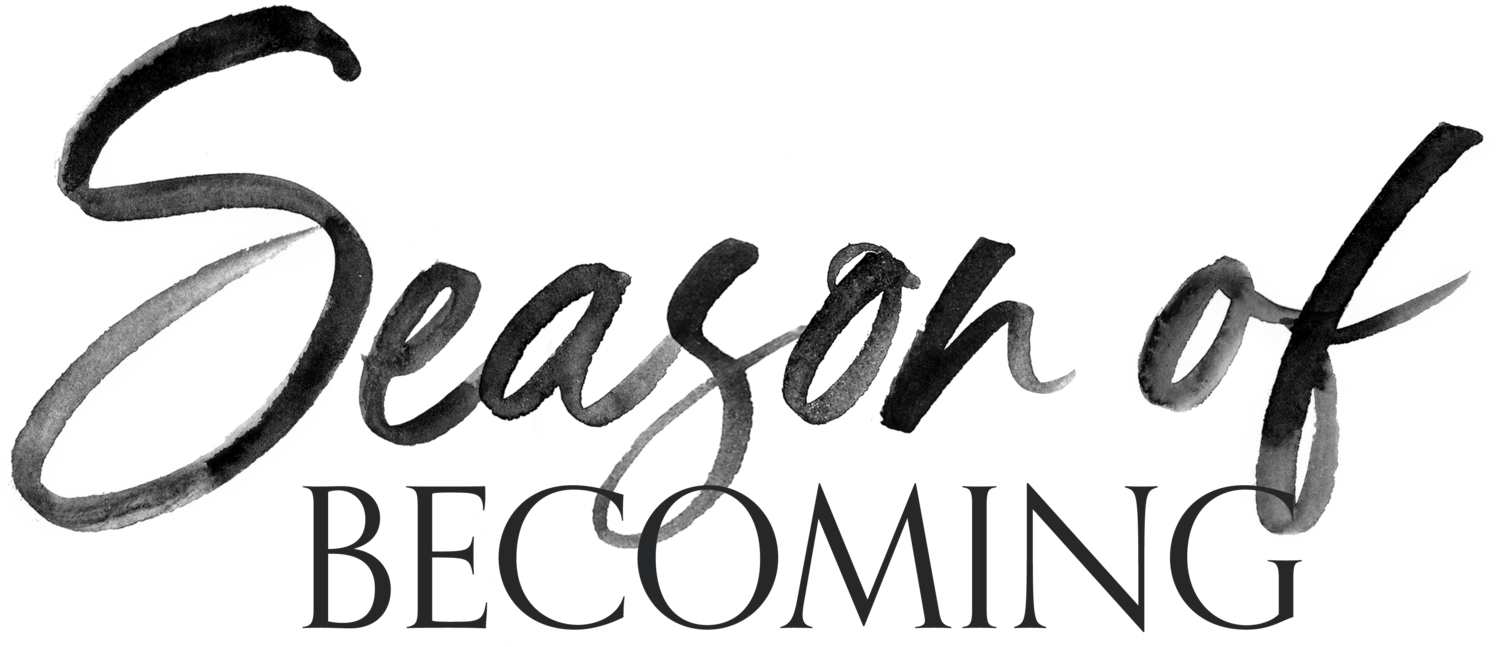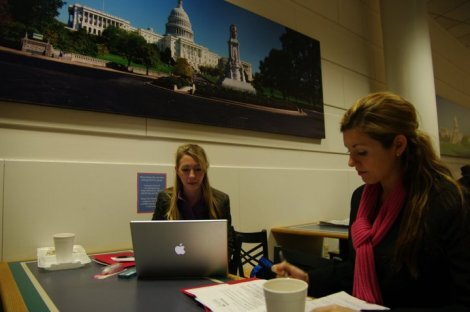HOW TO GET INTO DENTAL SCHOOL
“Your dentist’s name is Crentist?” – Michael Scott
“Maybe that’s why he became a dentist.” – Dwight Schrute
So you’ve decided you want to be a dentist. First of all, congratulations! This is an awesome profession with a lot of really cool people working in it. I’ve been working in the field for a little while, I can honestly say that I enjoy what I do and like going to work most days. That’s a big deal because work is where we spend 90,000 hours of our lives. And life is too short to spend basically 1/3 of our life hating what we do and where we are.
Maybe you’re like me and graduated college not thinking you wanted to be a dentist. You are interested in going back, but aren’t quite sure what you would need to do to be a competitive applicant.
I didn’t decide to go to dental school until I’d already graduated college – at age 23. And I didn’t start on my post-bac (aka getting all my science prerequistes) until I was 24. Doing the pre-requisites to get into dental school takes about 2.5 years – and it requires taking summer school usually.
I’ve had a couple of people ask me what it takes to get into dental school. What follows is my take on how to get in. This also includes some conversations with the Oregon Health & Science Dean of Admissions, Mark Mitchell, and information found on the American Dental Academy’s website.
First of all let’s look at the overall statistics for dental school. Across the nation the average class size is 75 students per class, but the range is anywhere from 50-135. There are currently 66 accredited dental schools around the country – so that’s approximately 4,950 spots.
Important to note that while that might seem like a lot of spots, there are typically 11,745 applications per year. So that makes your chance of getting in around 42%.
So how do you distinguish yourself from the pack?
One way to distinguish yourself is to be the tallest dental student in your class….
First you’ll have to take the necessary classes and get good grades in them. That’s a clear way to make yourself stand-out. Yes, they are hard. And yes, it will take all of your concentration to do well in them. But having a high GPA is a great way to stand out. The minimum grade for all of these classes is usually a 3.0 – to even be considered for dental school.
These are the classes that most/all dental schools require
2 Semesters (3 quarters) of Biology (with labs)
2 Semesters (3 quarters) of General Chemistry (with labs)
2 Semesters (3 quarters) of Organic Chemistry (with labs)
2 Semesters (3 quarters) of Physics with labs
1 semester of Biochemistry (with lab)
Human anatomy/physiology (with labs)
2 Semesters (3 quarters) of English
1 semester of Psychology
3 semesters of Social Sciences, humanities or a foreign language
Take the DAT
The DAT stands for Dental Admissions test. This test is scored out of 30 but minimum scores for many schools is an academic average of 18.
The test is broken down into
Sciences: including Organic Chemistry, General Chemistry, and Biology
Reading Comprehension
Quantitative Reasoning – aka math – nothing really harder than Algebra 2
Perceptual Ability – this part of the exam is the “dental part” and tests your ability with spatial reasoning. It’s broken down into 6 sections and is kind of like solving puzzles and 3D problems in your mind.
I took a Princeton Review Course which is expensive – around $1800, but really helped me focus studying and getting ready for the exam. I think one of the biggest steps to doing well is actually practicing taking the exam. With the Princeton Review Course, you get a couple of practice exams and get to practice taking it with other people around which is good to be able to get used to how the test flows.
Also, it should be noted that I struggled at first with the Perceptual Ability portion of the test so I hired my good friend Karl to help me. It should be noted that Karl is NOT a dentist but is just really really smart and loves puzzles. I paid him in beers and he helped raised my scores two whole points on the actual exam which for me made all the difference in where I got interviews.
I know the way to my super-smart friend Karl’s heart.
(It’s beer.)
Have extra-curricular activities and some awards in undergrad
This is another way to set yourself apart from being ‘just another smart kid with good test scores’. My two cents is to make sure you spend your extra-curricular time doing something you enjoy though.
Here are some things you can do to boost your application:
Volunteering – if you can do volunteering in the dental field, that is probably the best, but generally all school like to see that you are someone who wants to give back to their community. For me, I volunteered with Young Life, a youth outreach organization. I also led mission trips to Ecuador. While neither of these things are dental, they are things that I love to do and was able to really invest in. As a result, my volunteer coordinator was able to write me a really stellar letter of recommendation.
Taking a group of high schoolers on a volunteer trip to Ecuador. We went back to the orphanage I worked at for a year and it was a great way to get volunteer experience and do things I love.
Research – Of anything I’ve seen since going to OHSU for dental school, research is a great way to get your foot in the door. If you can do some dental research in undergrad, these is an amazing opportunity for you to meet some professors at the dental school and make some connections. Using OHSU as an example, I have seen several undergrad research assistants go on to be accepted, even if they didn’t have perfect DAT scores because they had established relationships with people at that school.
In dental school I was awarded a research grant to study decay rates in children along the Mt. Everest trekking route in Nepal.
Leadership positions – On student government in undergrad? President of your sorority/fraternity? All of these things help. In my undergrad, I worked for Pepperdine’s Student Programming board where I ran Midnight Madness and Parent’s weekend. Not only did this give me a lot of experience working with a lot of different types of people, but it also really sharpened my leadership skills.
( Look at what I baby I was back then!)
In College I worked as the Special Events Coordinator at Pepperdine’s Student Programming Board.
Step 4: Dental Office Shadowing
One of the things a lot of dental schools also require is dental office shadowing. Most schools require at least 50 hours. At the time, I didn’t know any dentists in Southern California (where I was living at the time I was applying), so I simply looked up the dental offices that were close to my house, stopped by, and asked if I could shadow. I had two offices say “yes” and it was great to be able to shadow two different places thereby getting two different perspectives on dentistry.
Of the two offices, I ended up getting along really well with one of the dentists. He was very patient and taught me a lot about dentistry and running a business. This dentist ended up writing a letter of recommendation for me because of the relationship that we built over the year.
I also made sure to really try to connect with the dental assistants and hygienists at the offices I shadowed. They ended up teaching me a lot about dentistry too, whether I was helping record probing depths, sterilizing, or mixing cement. I wanted to learn it all – there was no job that was too small and as a result, I was welcomed in the office by everyone.
Letters of Recommendation from People who matter
I had to specify the people who matter part because actually, it does matter who writes your letters of recommendation although it should be stated that what they write in the letters is of equal importance. For example, many admissions counselors say that it is better to have a letter of recommendation from the chair or a full-time faculty member than a part-time or adjunct professor. All that being said, if there is no full-time professor who knows you well enough to write you a good letter of recommendation, then ask the professor who will.
Most dental schools require 2 letters of recommendation from basic science-faculty or 1 letter of recommendation from a Pre-Professional committee. You also need one letter of recommendation from a dentist (and it’s best if that dentist isn’t a family member).
The Essay
When writing your essay – make sure to have someone proofread it!
Most dental schools require at least one essay on why you want to go to dental school. Some thought and care should be given to this essay – many times it is the tie-breaker. Let’s say you and another applicant have similar DAT scores, grades and extra-curricular activities but you have a couple of grammatical errors on your essay – who do you think is going to get an interview?
One of the things I’ve heard consistently from dental admissions directors and residency directors, is that they are appalled by the amount of typos or grammatical errors on applications.
So FOR THE LOVE OF ALL TEETH! – Have someone proofread your essay and applications! Better yet, pick three people to proofread it and give you feedback on it.
I know writing these things sucks – what is there to say that hasn’t already been said by other applicants before you? But guess what? You are a unique individual and your life is not like anyone else’s. So just sit down and write why you want to go to dental school. Get something on paper. Are you going to have to change it? Heck yes! Normally my first drafts of whatever I write is nothing like the final draft that I submit. But we all have to start from somewhere.
AADSAS : The One Stop Shop for your dental school application
Once you have taken all of your core classes and you have your letters of recommendation ready, you can upload your resume, transcripts and letters of recommendation on the American Dental Education Academy (ADEA)’s website. The application is called AADSAS and it allows you to apply to multiple dental schools from one place. After you submit your application, certain dental schools may require more essays or different things that they will want you to submit directly to them, so make sure to check the requirements for each individual dental school.
Along the process, make sure you are getting to know your academic adviser. They also have their fingers on the pulse of what dental schools are looking for and can help you set goals and figure out what you need to do.
It’s quite the process to get into dental school, but honestly if I can do it – someone who had not taken a math class in 5 years and had never taken any hardcore science classes – then you can too! Channel your inner Hufflepuff and get down to work. It’s totally worth it.
Plus, it’s pretty cool to have people call you Dr. So-and-So.
Very cool moment for me, as my dad, Dr. Waggoner Sr. hoods me for my graduation from dental school.








